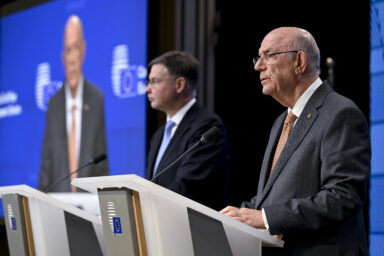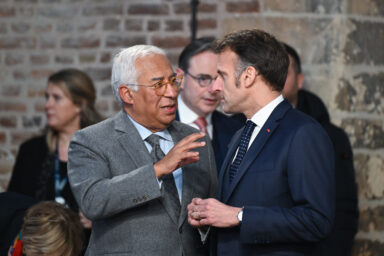Brussels has adjusted course. While the changes are cast in technical terms, many capitals are reading them as political wins: after months of pressure from a number of member states, the European Commission has put forward proposals to soften key elements of the upcoming ETS2 system for road transport and buildings.
On 21 October, in a formal communication, the Commission laid out its intention to bolster stability and predictability in the ETS2 rollout. It cited letters from 19 member states and MEPs expressing fears about price volatility.
The proposals include bringing forward the start date for auctions, creating a frontloading facility with the European Investment Bank to help finance clean heating and mobility, and revising the Market Stability Reserve so it can intervene more swiftly when carbon prices surge. Crucially, the Commission asserts that it can make these adjustments without changing the core ETS Directive.
It was Cyprus and a group of predominantly central and eastern EU member states who requested a three-year delay to the so-called ETS2 market to 2030, according to the letter seen by Bloomberg News earlier this month. “We are compelled to convey our deep concern regarding the current design and implementation timetable,” the group said. “The 2027 launch of ETS2 risks triggering unintended social, economic and political disruptions, particularly in member states with higher exposure to energy poverty” and limited public-transportation alternatives.
You might be interested
Smells like… victory
The letter marked the latest attempt to push back or reduce the cost of the new emissions trading system. In June, 19 member states lobbied the EU to implement stronger price controls in the new cap-and-trade program on concern it could drive up heating and transportation costs for consumers.
Among the countries pushing for softening the rules was Czechia. The outgoing Environment Minister Petr Hladík was quick to declare a political victory, saying that the Commission “listened” and that the changes mirrored Czech demands. He called the outcome a success and “absolute victory”. Mr Hladík noted the proposals include five mechanisms to stabilise prices, with a trigger price of around €45 per tonne, aimed at protecting households, small firms, and consumers.
Support for the initiative, though, is broader than domestic politics. The letter sought guarantees on price stability, early auctions, better forecasting, and safeguard mechanisms. That reflects Europe-wide concerns resonating, with varying intensity, across all 27 member states.
No specific names
While the Commission avoided naming any single country as the architect, the proposals closely echo what Cyprus and its allies asked for — and timing matters. Behind the scenes, some capitals see this as proof that smaller and medium states, when coordinated, can still influence big climate policy decisions.
In the end, these tweaks may not settle the ETS2 debate. But in political terms, it is a reminder that green transition in Europe remains as much about power and timing as it is about regulations.











